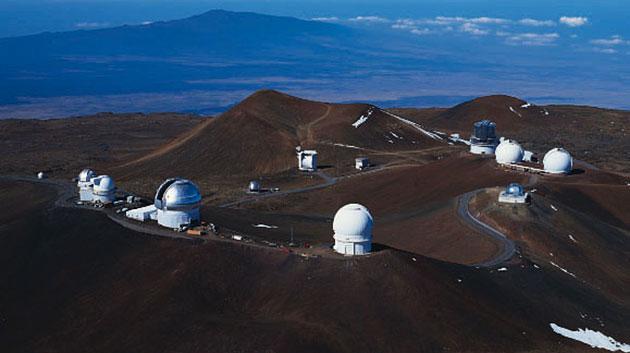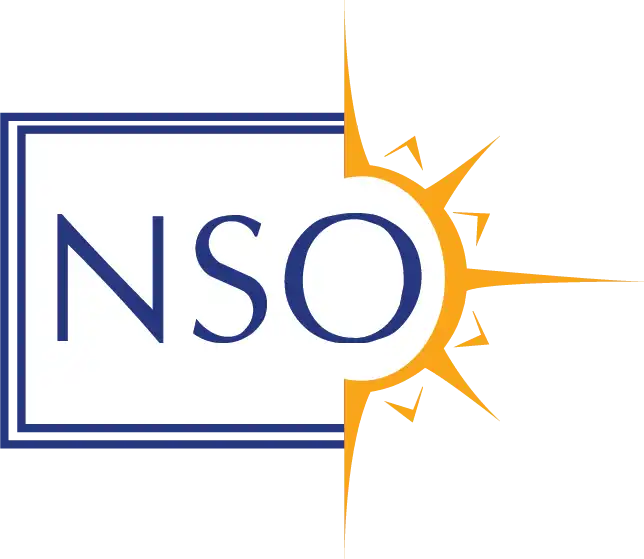Hawaiʻi legislation would create board to manage Mauna Kea and limit astronomy development

Four state legislators introduced House Bill 2024 to create a nine-member board that would take over stewardship and management of the summit region of Mauna Kea from the University of Hawaiʻi, with a mandate to limit astronomy development.
The bill was submitted after a six-month public process by the Mauna Key Working Group, which recently submitted its final report to the House Speaker.
“In recent years, Mauna Kea has come to symbolize a rigid dichotomy between culture and science,” the bill said, adding that resolving the management disputes is a top issue of the state.
Thousands of protesters have gathered at Mauna Kea since 2014 to block construction of the Thirty Meter Telescope, which would become the largest visible-light telescope on the mountain. Many Native Hawaiians believe the telescopes are desecrating the sacred summit region. For astronomers and researchers, the summit provides optimal observing conditions.
The proposed legislation calls for the board to manage lands above 6,500 feet of the dormant volcano, which soars to 13,803 feet on the Big Island.
The board, “guided by Native Hawaiian values,” would include government representatives, individuals with certain areas of expertise and Native Hawaiian community members. It would not include the astronomy community, although an astronomy advisory group would be established to provide advice and guidance.
“Developing a management structure to steer the future of Mauna Kea was a daunting task,” Rep. Mark M. Nakashima wrote to Speaker Scott K. Saiki. “How it will be managed is an emotional, controversial issue. One thing that all 15 members of the working group agreed to is that we care deeply for the Mauna.”
The summit region of Mauna Kea has been managed by the University of Hawaiʻi since 1968.
The proposed legislation calls for the new board to develop a framework to limit astronomy development on Mauna Kea. This includes a plan to return the mauna above 9,200 feet to its natural state.
The bill also recommends prohibiting commercial use and activities above Hale Pōhaku, also known as the Onizuka Center for International Astronomy, which is a complex of support facilities for the telescopes and other instruments of the Mauna Kea Observatory.
In addition, an appropriate entryway to Mauna Kea would be established to capture information about users, establish an educational outreach post, collect fees and close access to Mauna Kea in case of an emergency. An application, including a fee, would be required for all recreational users of Mauna Kea.
House Bill 2024 was introduced by representatives Nakashima, Ty J.K. Cullen, Stacelynn K.M. Eli and David A. Tarnas, who participated in the working group. The final working group report was created from the input of more than 200 comments on the working group’s draft report.









